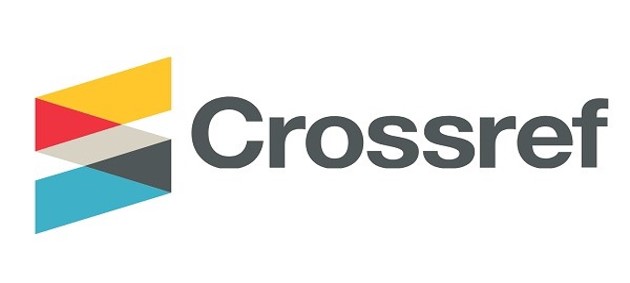
Journal Information
-
Journal Name: Iraqi Journal of Medical and Health Sciences
-
ISSN: 3078-8722
-
Publisher : Middle Technical University
-
Frequency : Biannual
-
Acceptance Rate : 44%
-
Journal Template : (Download)
-
Copyright Agreement : (Download)









